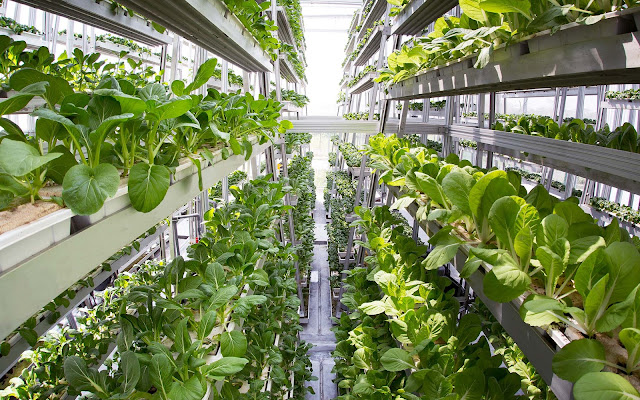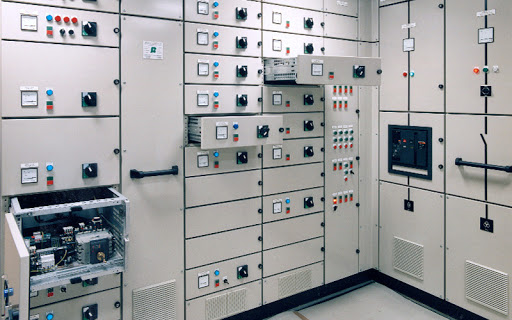Redefining Agriculture: The Revolution of Vertical Farming
Vertical Farming
Vertical
farming is a transformative agricultural practice that is revolutionizing the
way we grow and produce food. It involves cultivating crops in vertically
stacked layers or structures, using advanced technologies to create controlled
environments for plant growth. This innovative approach to farming offers
numerous benefits and has the potential to address some of the challenges faced
by traditional agriculture. One of the key advantages of it is its ability to
maximize land efficiency. By utilizing vertical space, vertical farms can
produce significantly higher yields compared to traditional farms. This is
especially valuable in urban areas where land is scarce and expensive. Vertical
farms can be built in abandoned buildings, warehouses, or purpose-built
structures, allowing for year-round food production in urban environments. It
also reduces the need for long-distance transportation of food.
According
to Coherent Market Insights, The
global vertical farming market size was valued at US$ 11,548.1 million in 2021 and is anticipated to witness a
compound annual growth rate (CAGR) of
10.30% from 2022 to 2030.
By
locating farms closer to urban centers, the distance between farm and consumer
is significantly reduced, resulting in fresher produce and decreased carbon
emissions associated with transportation. Controlled environments in vertical
farms provide optimal conditions for plant growth, eliminating the reliance on
weather conditions and seasonal variations. Temperature, humidity, light, and
nutrient levels can be precisely controlled, leading to faster growth, higher
crop yields, and consistent quality. Additionally, vertical
farming enables the cultivation of crops that are not native to a
particular region, expanding the variety of produce available. The controlled
environments in vertical farms also offer protection against pests and
diseases. By minimizing exposure to external threats, the use of pesticides and
herbicides can be greatly reduced or eliminated, resulting in healthier and
more environmentally friendly food production. Water conservation is another
significant benefit of vertical
farming. These farms typically utilize hydroponic or aeroponic systems,
where plants are grown without soil and receive nutrients through water
solutions. Vertical farms use significantly less water compared to conventional
agriculture, as water is recycled and reused within the closed system. Furthermore,
it has the potential to reduce the strain on natural resources. With its
efficient use of land, water, and energy, it can contribute to the conservation
of agricultural land, preservation of ecosystems, and reduction of the overall
environmental footprint of food production.




Comments
Post a Comment